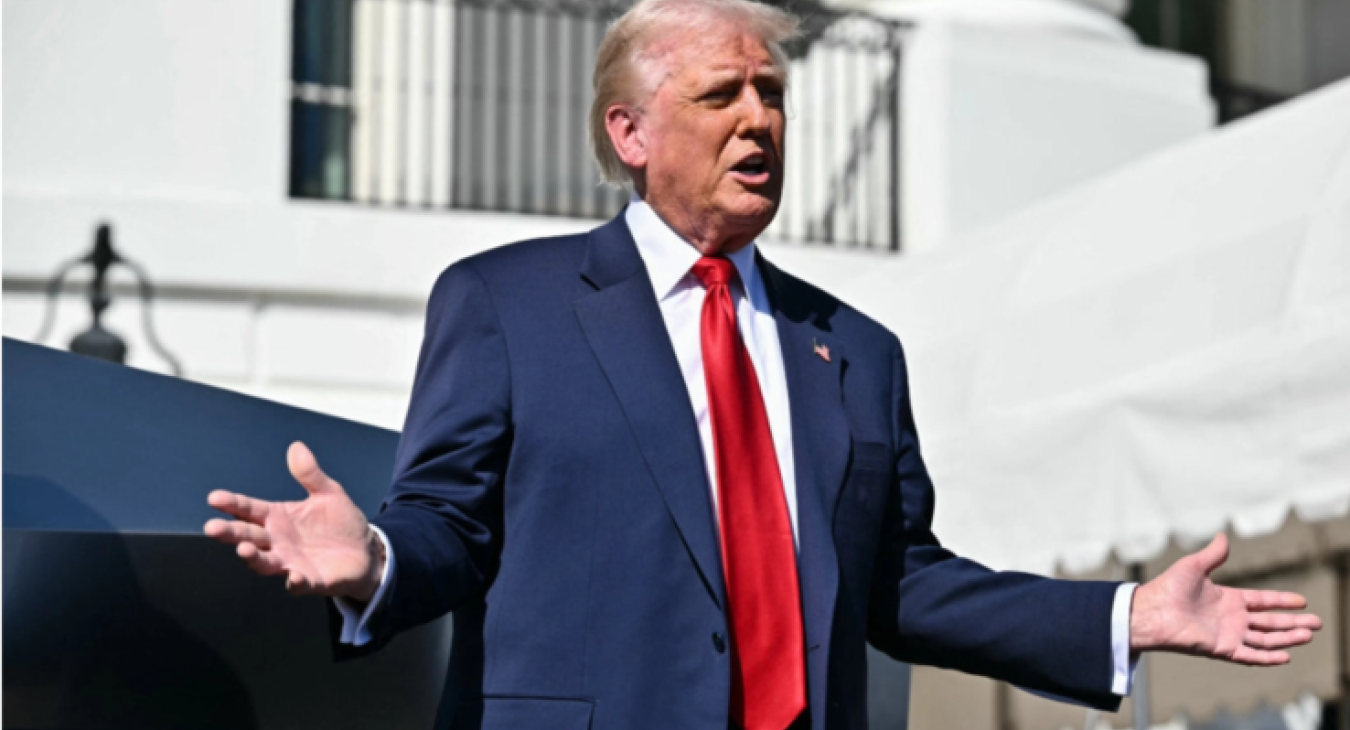Trump has said he would prefer to have a Liberal prime minister in Canada over a Conservative because he thinks they are “easier to deal with.” He made the comments in an interview with Fox News, adding that Conservative leader Pierre Poilievre is “not my friend at all” and “too tough.” Trump’s stance highlights the standoff between him and Canadian leaders, highlighting the apparent division between the U.S. and Canada.
Trump made the comments during an interview with Fox News’ Laura Ingraham. During the program, which aired on March 18, Ingraham commented that the Liberal Party in Canada now appears poised to win the next election after “being on the losing side.” She added that the Trump administration’s tariffs on Canada could make it more hostile to the United States and push it toward closer ties with China, which she said would “really put us in a tough spot.” Trump chimed in, saying he’d “rather deal with a liberal than a conservative.”
Poilievre has already responded to Trump’s comment that a liberal is easier to deal with than a conservative. “That’s true in that regard. I’m a strong leader. I’m tough to deal with. I stand by my convictions and will always put Canada first,” Poilievre said during a March 19 press conference.
Prime Minister Mark Carney, who took office March 14, has noted that Trump is committed to solving his country’s domestic problems — ending the fentanyl crisis, creating good-paying jobs, and bringing manufacturing back to the United States.
Carney has confidently stated that he intends to protect Canada’s sovereignty by insisting on economic development and strengthening the country’s independence. Thus, both leaders – Carney and Poilievre – clearly demonstrate their opposition to Trump’s policies and his interference in Canadian affairs.
However, according to analysts, Trump views Poilievre as a more serious opponent than Carney. In the event of a Liberal victory in the election, there is a possibility of popular unrest, protests and even separatist sentiments in the provinces of Alberta and Quebec. A weakened Canada as a result of internal conflicts could make it easier for Trump to seize the country under his influence – a scenario that worries Canadians.
Thus, Canada’s political scene today not only reflects internal contradictions, but also becomes an arena for external influence, where the positions of Trump, Carney and Poilievre paint a picture of the future of Canadian-American relations.
